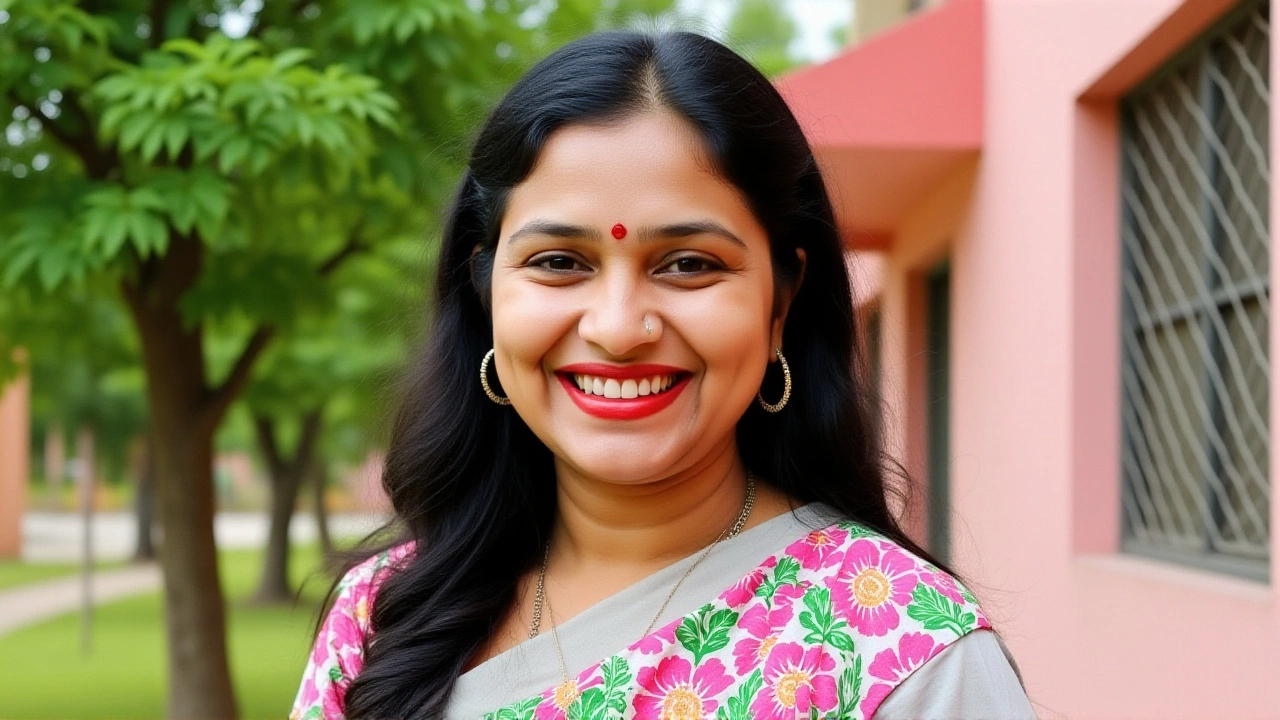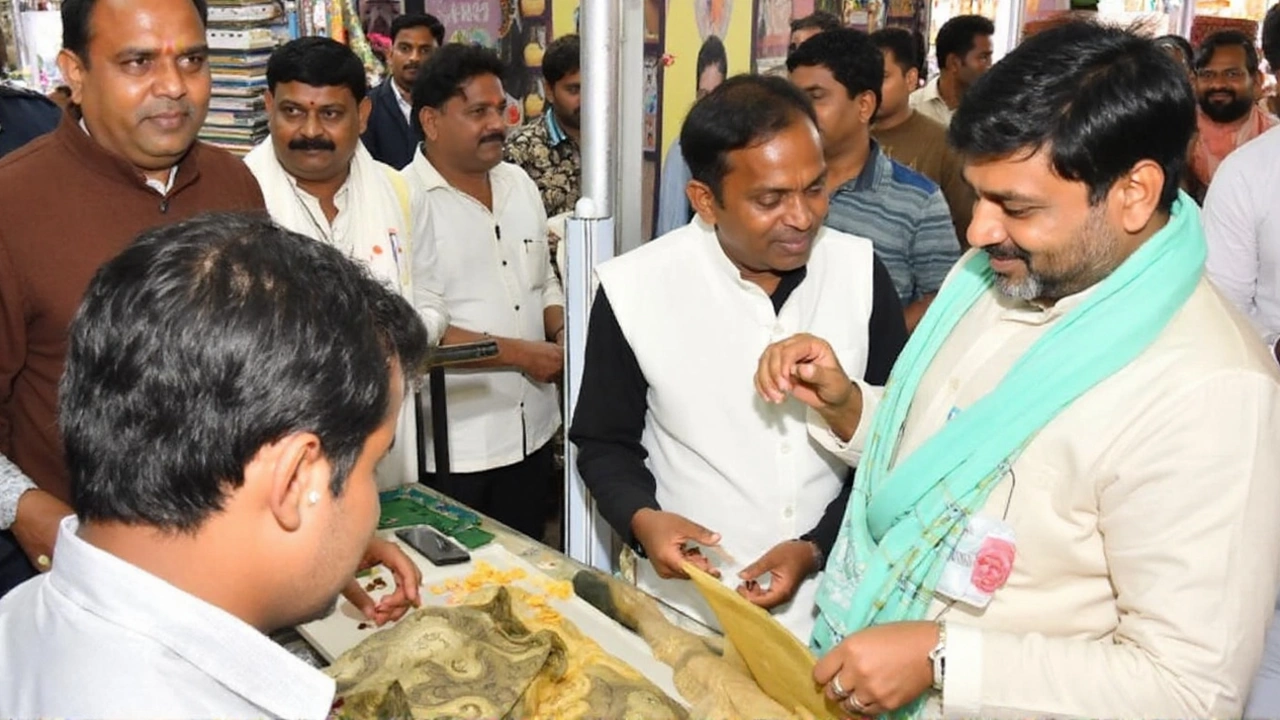Social Issues: Gender Debates, Protests & Real‑World Impact
Welcome to the Social Issues hub of EmpowerHer. Here we break down the stories that shape everyday life for women and men alike. From headline‑grabbing protests to quiet policy shifts, we keep the focus on what matters to you. No jargon, just clear, practical insights you can use.
What Happened in Indore?
In early October, a men’s rights group in Indore announced a twist on the traditional Dussehra celebration. Instead of the usual Ravana effigy, they planned to burn an eleven‑headed figure of Surpanakha, each head carrying the face of a woman accused of serious crimes. The event was set for the Mahalaxmi Nagar Mela Ground at 6:30 PM.
The stunt ignited a firestorm on social media and in local news. Supporters said the “Surpanakha Dahan” would highlight alleged female misconduct that never gets enough attention. Critics warned it could inflame gender hatred and undermine the presumption of innocence. Religious leaders also voiced concerns, arguing that politicising a sacred festival risks deepening community divides.
Why It Matters for Women’s Rights
Beyond the spectacle, the protest raises big questions about how society treats women accused of crimes. Do we give them a fair trial, or do we let public shaming replace due process? The Surpanakha image turns a mythic villain into a real‑world symbol, suggesting that any woman who steps out of traditional roles could be a target.
For many activists, the incident is a reminder that gender bias still lurks in public discourse. It forces us to examine whether media narratives, protests, or even jokes reinforce harmful stereotypes. When a community rallies around a single story, other voices—especially those of the accused—can get drowned out.
On the flip side, the backlash against the protest shows growing support for respectful dialogue. Women’s groups, legal experts, and everyday citizens are demanding that any criticism be based on facts, not sensational visuals. That pushback is a sign that dialogue around gender equity is shifting toward more nuanced conversations.
What can you do? Start by checking reliable sources before sharing a hot‑take. If you’re part of a local community, consider hosting a discussion night where different perspectives are heard. And if you feel the story hits close to home, reach out to organizations that support legal aid for women facing public accusations.
EmpowerHer aims to turn these complex issues into actionable knowledge. By staying informed, you join a network of readers who care about fairness, safety, and respect for every gender.
Got thoughts on the Indore protest or other social issues? Drop a comment, join our forum, or start a conversation with a friend. Change starts when we speak up, listen carefully, and keep the conversation moving forward.


